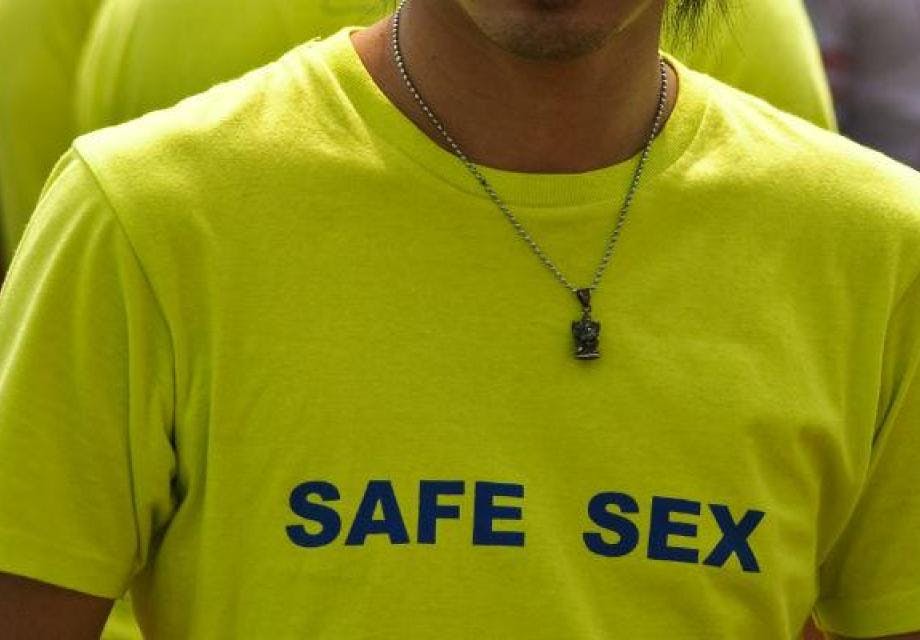Condoms for Valentines Day in Thailand
Avert staff writers
12 February 2016
In the run up to Valentines Day, the Thai government has launched a new condom promotion campaign, which aims to increase acceptance of, and reduce the social stigma associated with, young people carrying condoms.
In the run up to Valentines Day, the Thai government has launched a new condom promotion campaign, which aims to increase acceptance of, and reduce the social stigma associated with, young people carrying condoms.
The campaign, launched last week, forms part of the National Condom Strategy, which runs until 2019.
The number of sexually transmitted infections (STIs) is increasing in Thailand – the Bangkok Post reported a five-fold increase in people aged 10 to 19. It also has a very high teenage pregnancy rate, with 50 out of every 1,000 girls in this age group giving birth in Thailand.
In a recent survey, only around a third of school youth used a condom every time they had sex over the past year. It was evident that despite efforts to improve knowledge about safer sex, there was still a lot of shame surrounding buying condoms, which the campaign aims to tackle.
Thai health ministry spokesman, Thongchai Lertwilairattanapong, said: "Teenagers, especially, do not have to be embarrassed about buying condoms."
"Society also has to accept that teenage girls buy condoms, which is better than more teenage girls getting pregnant,"
Despite having a well-known sex industry, Thai people generally have conservative views on sex. One previous Valentines Day campaign, asked young people to go home after their dates and visit a temple if they felt inclined to have sex.
However, Thailand has made notable efforts to improve knowledge about sexual health and HIV among young people, with sex education in schools and at the community level. They’ve also invested heavily in youth-friendly health services, and repealed a law in 2012 that required under 18’s to have parental consent for HIV testing.
The Thai National AIDS Council says: “Progress of activities for young people has continued but has limited positive change in the trends of awareness, risk behaviour and incidence. The population has not been sufficiently motivated to know HIV status and stay in healthy behaviours.”
Get our news and blogs by email
Keep up-to-date with all our latest news stories and blogs by signing up to the Be in the KNOW news digest.
